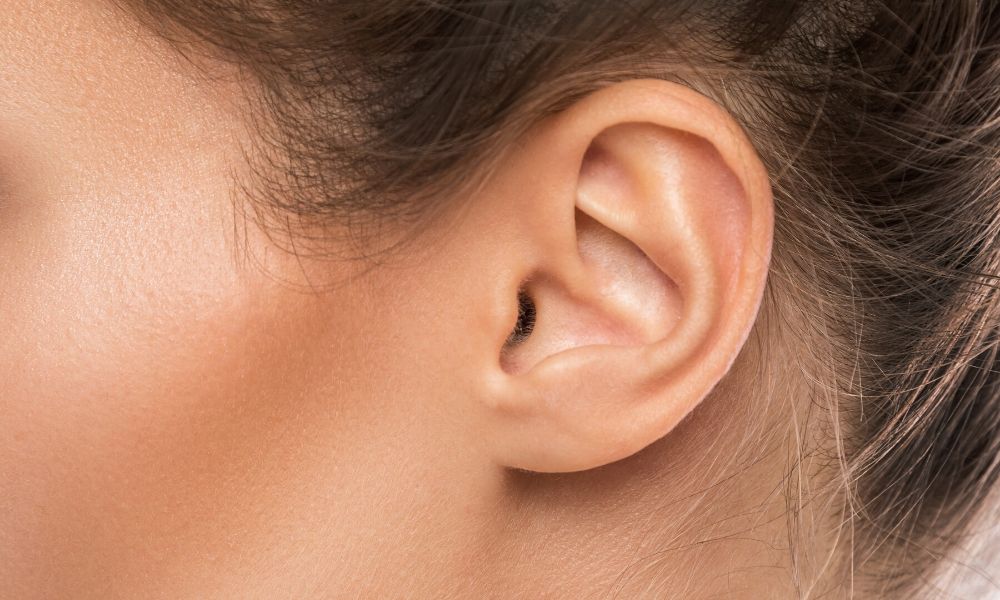
Aside from infections and hearing loss, your ears can suffer other harmful impairments. This is because, in addition to hearing, the ear also helps us keep our balance. If something were to compromise your ears, it’s possible to lose this ability. If you suffer from a balance disorder, you’re likely experiencing symptoms—learn how ears and balance are related regarding a balance disorder.
Balance Disorders
Ear issues can go beyond a diagnosis for a typical ear infection, especially when paired with other symptoms such as dizziness and nausea. These issues may point to a balance disorder—below we share a few ear conditions and their symptoms.
Benign Paroxysmal Positional Vertigo (BPPV)
- Pre-existing dislodged crystal otoliths in the ear
Meniere’s Disease
- Muffled hearing
Cochlear Hydrops
- Roaring sound in the ear
- Clogged feeling in the ear
- Hearing variations
- Sensitivity to high-frequency noises
- Distortion in sound and speech
Labyrinthitis
- Tinnitus
- Inner ear swelling
- Hearing loss
Vestibular Neuronitis
- Inflammation in the nerves connecting the inner ear to the brain
Ototoxicity
- Poisoning of the cochlear nerve located in the inner ear due to drugs or chemicals
- Damaged nerve and hair cells in the ear
- Hearing loss in one or both ears
Perilymph Fistula
- Fluid leak into the middle ear
- Ear pressure
- Sudden hearing loss
- Varying hearing
- Sensitivity to sound
Superior Semicircular Canal Dehiscence Syndrome (SSCD)
- Conductive hearing loss
Acoustic Neuroma and Other Cranial Base Tumors
- Ringing in the ears
- Loss of hearing on one side
Treatment
If you start to notice these ear-related conditions, it is best to visit a local ears, nose, and throat (ENT) care center. You’ll want to choose a practice that offers audiology, such as Allergy & ENT Associates in Woodlands, as they study hearing and balance. While issues with the ears may have to do with allergies or bacterial infection, it’s best to have a specialist run some tests. If conditions are severe and the patient shows signs of a balance disorder, professionals often recommend treatment. Some common options include intra-tympanic steroid injections, gentamicin injections, and an Epley maneuver.



